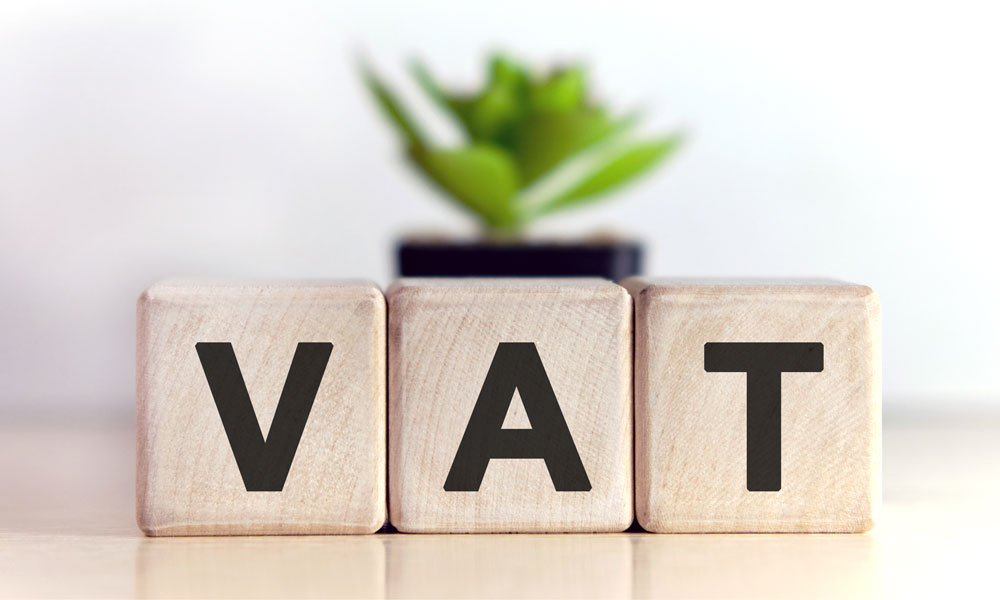Legal basis & Subjects to
The main legislation that governs the VAT regime in Iran, is the Value Added Taxation Act of 23 May 2021 (Act) and the authority in charge of VAT registrations and collections is the National Tax Administration (generally referred to as the Tax Organisation) of the Ministry of Economic Affairs and Finance. The Act identifies all individuals and legal entities who are engaged in supply (including importation & exportation) of goods and services as its subjects and has been prepared with a close dependency on the registrations and platforms provided in the Point of Sale and Tax Payers System Act of 12 November 2019.
Rates & Exemptions
The general VAT rate is 9%, but the Act provides a long list of particular goods to which specific higher rates apply. These particular rates alter from 10% (imported raw tobacco) and 15% (different types of oil and gas) to 65% (imported tobacco products). On the other hand, there are numerous kinds of goods and services determined as VAT exempted (such as unprocessed agricultural products, some kind of dairy, pulp and waste paper, immoveable properties, handmade carpet, supportive services and rehabilitation services, swap services for crude oil, petroleum products, natural gas, electricity, etc.).
One of the most important VAT exempted categories is exportation. According to the Act, all goods and services lawfully exported are exempted from the VAT. In order to benefit from this exemption, the exporters pay the VAT once they are at exportation of their goods / service and subsequently apply for its being paid back by the Organization. The application, should be supported by the relevant valid contract (the contract should contain clear provisions on the VAT responsibilities of the parties and its effects on the price) as well as valid documents evidencing that such VAT amounts had been paid by the applicant for the goods / services lawfully exported through official channels. Needless to say that the bureaucracy would not be as simple as reading.
the provisions, specifically where an applicant applies for the VAT amounts paid for the services exported electronically. Although the electronic commerce has been well recognised under the Iranian law, the matter of transactions with electronic cross border items has remained silent in the Act. Consequently, any challenge by the tax authority in documentation requirement (which is not unexpected at all) would be difficult to answer and, accordingly, very likely to deprive the applicant from the said exemption benefits.
Collecting & Payment
Although, the date on which the VAT should apply by the supplier is the date of issuance of the invoice, the Act introduces various timelines for payment of the collected amounts by supplier to the authority:
- For local transactions, the VAT amount collected by sellers, should be transferred by them to the government accounts quarterly (the Tax Organisation is authorized to determine two or one-month periods for specific business and, subject to specific approval of the Minister, can determine certain tax payers as responsible to pay the VAT amount by issuance of the invoice). If the price / fee is supposed to be paid in instalments, the seller is allowed to transfer of the VAT applicable to each instalment on the basis of the due date rather the date of invoice (subject to proper registration by both parties of the transaction and payment arrangements with the Tax Payers System).
- For imported goods, the VAT shall be collected by the customs authority, on the date of release of the goods from the customs (on the basis of the customs value plus customs duties).
- For imported services, the Iranian buyer shall be supposed to apply the VAT on the date of payment of the fee (Rial equivalent) and pay it directly to the government accounts.
Recoverables
Considering the fact that the Act defines the VAT payable by a tax payer as “the difference between the VAT collected by them as the supplier and the VAT charged to them as the purchaser during a specific tax period”, there are important situations of recollection including the following:
- The VAT amounts paid by a person to buy goods/service required for their business activities shall be recorded as their tax credit and subsequently deducted from their sales tax and duties. If the total tax credit of a tax payer in a specific tax period exceeds their sales tax and duties of the same period, then the exceeded amount shall either be reserved for their next taxation periods or paid back to them.
- The VAT amounts paid for buying the raw materials / inputs required for producing the goods and service which are exported to abroad, shall be recovered. If part of goods and service supplied by the tax payer are VAT exempted, the VAT amounts paid by them to purchase raw materials / inputs required for producing the same exempted goods and service shall be recoverable.
- The VAT amounts paid for buying the machineries required for production lines are, also, recoverable.
- the VAT amounts paid for buying any goods in the territory shall be recoverable against the relevant electronic invoice or valid proofs if that exits from the country within 2 months of the date of invoice.
- the VAT amounts paid by foreign passengers to purchase international flight ticket from Iranian airlines are recoverable, too.
Penalty Regime
The main breaches of the Act would include (i) failure to register with the Tax Payers System and (ii) failure to well record of transactions on the personal file or inserting inaccurate information thereon. For these, the following penalties would apply:
- Failure to register with the Tax Payers System would be punished by a penalty of ten million Rials or two times of the unpaid tax and duties payable for the relevant 3-month time period (each one is more).
- Failure to well record of a transaction or insertion of inaccurate information, whatsoever, on the System would be punished by a penalty of two times of the unpaid tax and duties payable for the relevant 3-month time period. Repetition shall increase the applicable penalty.
- Failure to well record of transactions by the suppliers whose activity has been determined as VAT exempted would be punished by a penalty of 9% of the value of the unregistered transaction.
- Late payment of the VAT would result in payment of a penalty equal to 2% of the unpaid tax and duties (per month).
The dispute resolution regime provided in the Direct Taxation Act is applicable to the decisions made by the VAT authority, as well. Any protest to such decisions, therefore, should be submitted to the Tax Dispute Settlement Board of the Tax Organisation. A final decision made by the Tax Organisation bodies, can be objected before the Administrative Justice Tribunal.
For more information and advice, please contact us in Tavakoli & Colleagues law firm.





